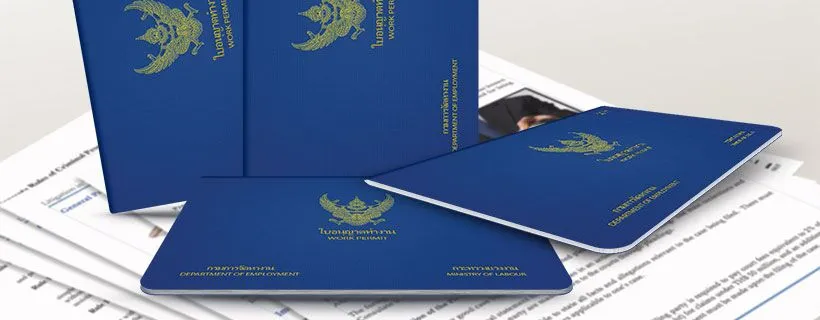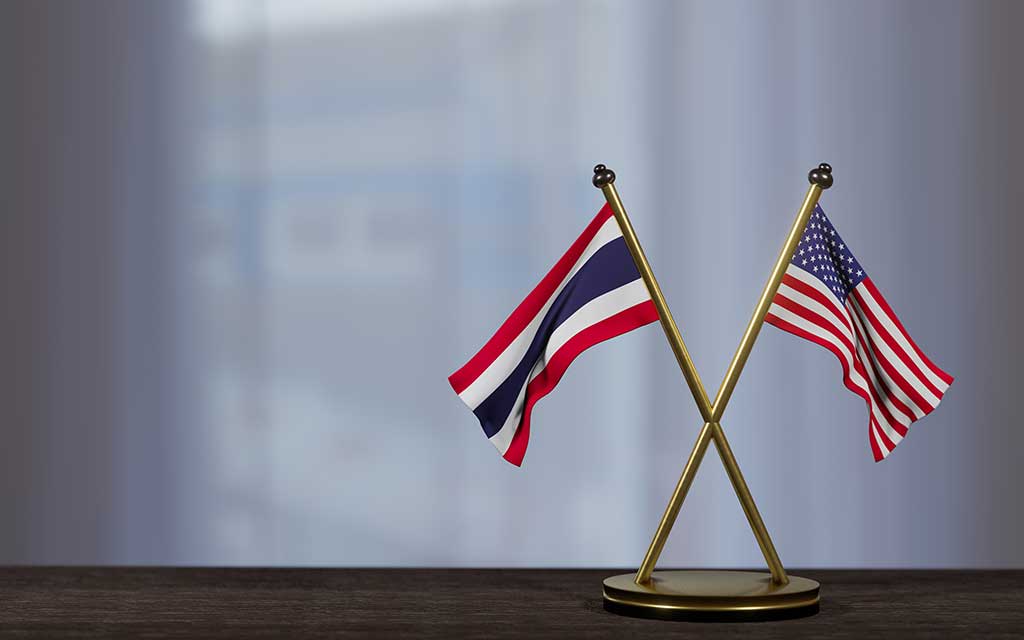Thai Work Permit

In Thailand’s intricate ecosystem of foreign engagement, the Work Permit stands as the definitive instrument of legal employment, a non-negotiable prerequisite that transforms a resident into a lawful worker. Far more than a laminated card, it is a contractual and legal nexus between the foreign employee, the Thai employer, and the state—a physical manifestation of […]
Translation and Legalization in Thailand

Translation and legalization in Thailand are critical legal processes for individuals and businesses dealing with foreign documents that must be used before Thai authorities or, conversely, Thai documents intended for use abroad. Thailand maintains strict requirements on document language, authenticity, and verification. Failure to follow the correct procedures can result in rejection by government agencies, […]
US-Thailand Treaty of Amity

US-Thailand Treaty of Amity. Signed in Bangkok on 29 May 1966, the U.S.–Thailand Treaty of Amity and Economic Relations (usually called the “Treaty of Amity”) was designed to promote trade and investment by giving U.S. nationals and companies preferential legal footing in Thailand. Over decades the Treaty has become a useful but specialized tool for […]
Muslim Marriage in Thailand

Muslim marriage in Thailand sits at the intersection of Islamic personal law, national civil-registration rules and local practice — especially in the country’s majority-Muslim southern provinces, where a distinct legal regime applies. For Muslims and for non-Muslims who wish to marry under Islamic rites in Thailand, the practical issues are twofold: (1) satisfy the religious […]
Litigation in Thailand

Litigation in Thailand is a civil-law process that rewards meticulous preparation, fast evidence preservation and smart early use of interim measures. Unlike adversarial discovery regimes, Thai procedure limits wide-ranging document production, so success turns on who arrives at court with the best contemporaneous documentary record, expert surveys and witness accounts. Below is a compact but […]

